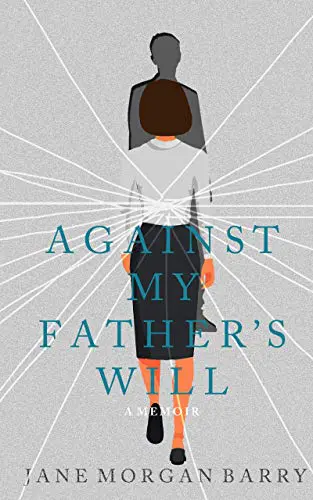
If you’re a Baby Boomer woman, you grew up in the late 50s, the 60s and 70s, a time of great change and civil unrest. We had Martin Luther King, Jr. leading the cause for racial equality, the strong anti-war movement that grew out of the Vietnam conflict, and, of course, Betty Friedan, the feminist writer and activist who sparked the fight for women’s liberation.
As was demonstrated at dinner tables all over the country, and well-portrayed in Norman Lear’s iconic must-watch 70’s era sitcoms (All in the Family, Sanford and Son, The Jeffersons, and Maude, among them), the internal peace of many a family was torn apart, due to the generational divide that generally accompanied these flashpoint issues.
In my observation and experience, family conflict was quite often initially inflamed when we Boomer women (and men) went off to college, where we encountered students, faculty and experiences which encouraged us to begin thinking on our own.
As we “raised our consciences,” learned to think independently and began to see the world differently than we had as children, the trajectory of our lives was permanently changed. Which is why the 1980s saw so many of us become career women and working mothers.
Against My Father’s Will is one woman’s story of how her early collegiate life (at the prestigious Smith College, one of the Seven Sisters), forever changed her personal point of view, impacting both relationship with her birth family as well as how she dealt with the issues of sexual inequality she encountered in her adult life. Of course, as you will read, her grad school experiences at the University of Wisconsin-Madison were also impactful.
Early in the book, author Jane Morgan Berry writes about her point of view regarding sexual equality while she was at Smith:
Whenever the subject of sex discrimination arose at Smith, I assured myself and anyone in earshot: “We don’t need a confrontational mass ‘movement’ to achieve our goals of equality: If each one of us exceptional women simply works hard and stands up for herself, change will occur peacefully and naturally. We can have what we want.” I believed that I was an exceptional female and that I and other exceptional females would achieve exceptionally.
As you might anticipate, Jane’s post-collegiate experiences didn’t reflect the sexual equality she sought. As a result, this is essentially the story of a woman who so believed in her principles she was willing to go to court in order to be treated equally — politically, professionally and socially. Also a woman who discovers, on her father’s death, that he left the bulk of his Estate to her sister, apparently as a final retribution, due to his total inability to support her fight for equality.
And yet, Jane still is honest enough to write that even today, fifty years after she graduated from Smith College, she still periodically fights an epic, internal battle to overcome the feelings of being “less than” equal.
To successfully overcome this, to be willing and strong enough to do what it took back then to claim an equal place in society, requires a support system. Back then, many of us joined women’s support organizations, like NOW, the National Organization for Women. But a supportive husband was – and is – always a plus.
How strange it sounds to say this fifty years later. But in the struggle to receive equal treatment, in order to overcome sexism, having a supportive spouse — as Barry has with David, her husband of fifty-one years — is and was hugely important. Especially because it’s easy to forget that we women who came of age in the 60s and 70s were actually raised by sexist parents in a sexist society – with the result being that we grew up as sexists ourselves. Demanding equal treatment was often, to some degree, an act that required the strength to fight our early upbringing.
I heartily recommend this book in which Jane shares with us her battles to have her adulthood fully recognized by her parents and society.
Notifications